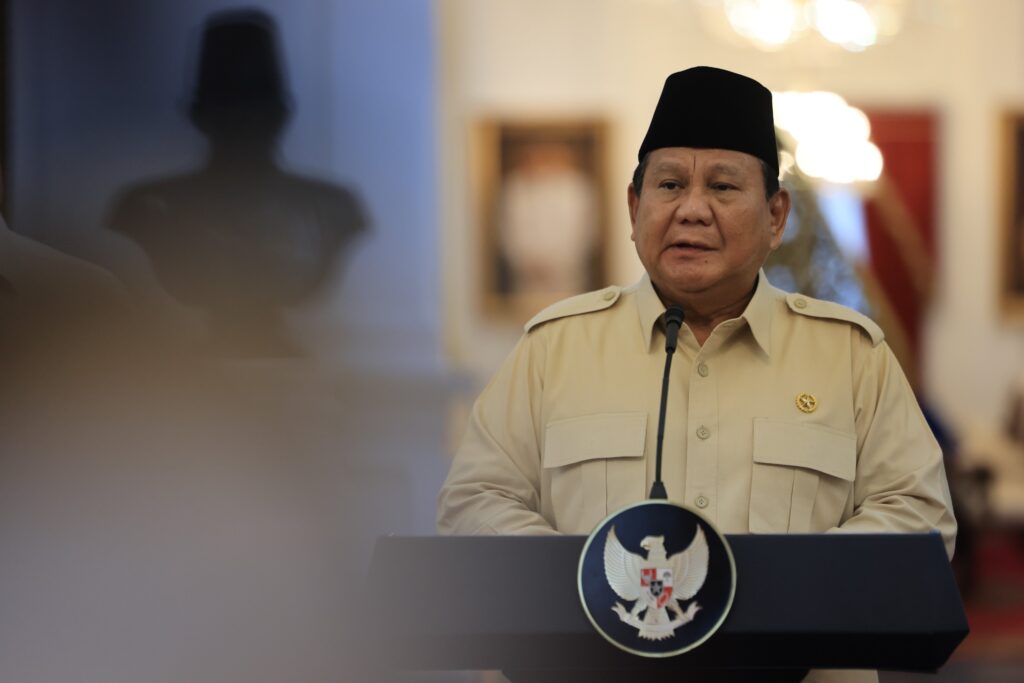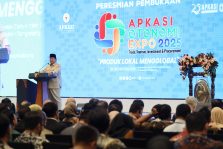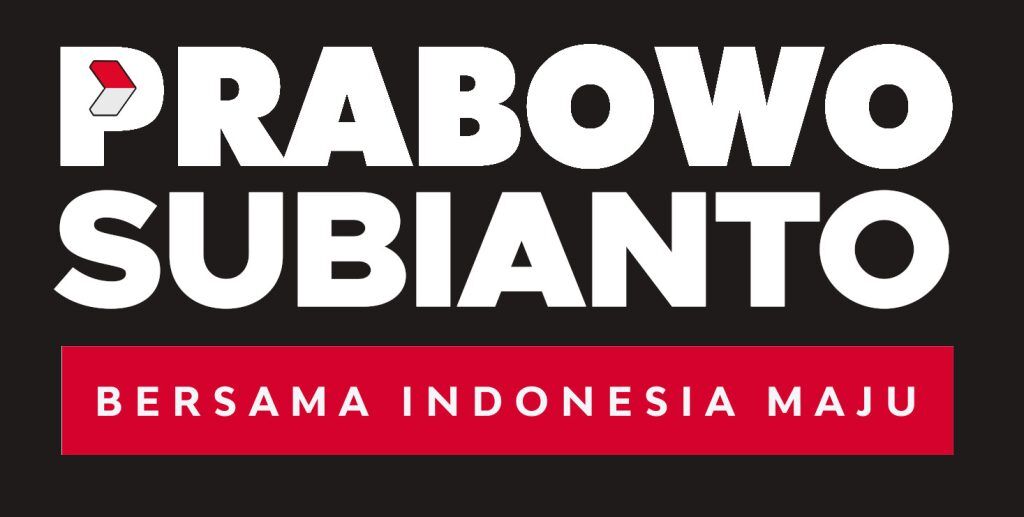These policies are designed to address structural and fundamental challenges in Indonesia’s education system, with the goal of producing high-quality human capital.
Policies 7 to 10 were officially launched today, May 2, 2025, in conjunction with National Education Day.
1. Free Nutritious Meals
- Why it matters: Malnutrition among schoolchildren directly impacts academic performance and concentration.
- Policy target: Ensure children receive sufficient nutrition to support learning, health, and academic success.
2. Increased Teacher Allowances & Direct Transfers
- Why it matters: Teacher incentives are inadequate and often delayed due to excessive bureaucracy.
- Policy target: Improve teacher welfare and ensure allowances are transferred directly and efficiently.
3. Performance-Based Allowances for University Lecturers
- Why it matters: State university lecturers often face low compensation, especially those involved in research and higher education.
- Policy target: Provide adequate incentives to enhance the quality of teaching and research at universities.
4. People’s Schools (Sekolah Rakyat)
- Why it matters: Children from the poorest households (bottom 10%) struggle to access proper education and safe learning environments.
- Policy target: Provide boarding schools (elementary to high school) for underprivileged children, including meals and housing.
5. Excellence Schools for Gifted Students
- Why it matters: Exceptionally gifted students often lack access to education tailored to their potential (as mandated in the Education Law, Article 5, Paragraph 4).
- Policy target: Fulfill constitutional and legal mandates by offering specialized education for gifted children.
6. Child Protection on Social Media
- Why it matters: Unrestricted access to social media exposes children to cyberbullying and age-inappropriate content.
- Policy target: The PP TUNAS initiative ensures proper supervision of children’s online activities to shield them from harmful digital exposure.
7. Rehabilitation of Damaged Schools
- Why it matters: Hundreds of thousands of classrooms are severely damaged and unfit for learning.
- Policy target: Ensure all schools are safe and conducive to learning. The program begins with 10,000 schools this year, with accelerated progress through budget efficiency.
8. Provision of Smart Displays in Schools
- Why it matters: Limited access to technology and digital learning content in many schools hampers education quality.
- Policy target: Modernize teaching facilities and expand access to high-quality educational materials.
9. University Scholarships for Teachers
- Why it matters: Many teachers do not yet meet the minimum academic qualification standards.
- Policy target: Improve teachers’ academic competence and qualifications to raise overall education quality.
10. Special Assistance for Contract Teachers
- Why it matters: Contract teachers (honorary teachers) often receive low pay and are treated unfairly compared to civil servants.
- Policy target: Provide recognition and financial support to motivate and properly reward honorary teachers.










